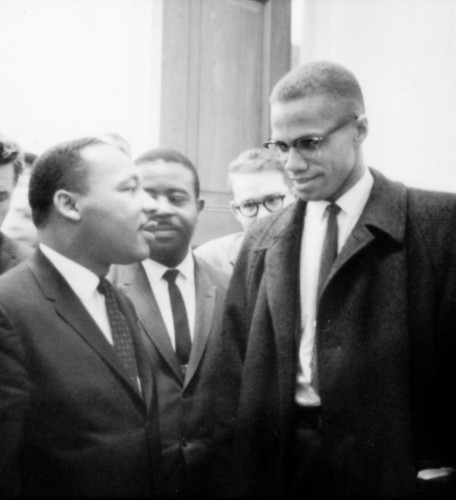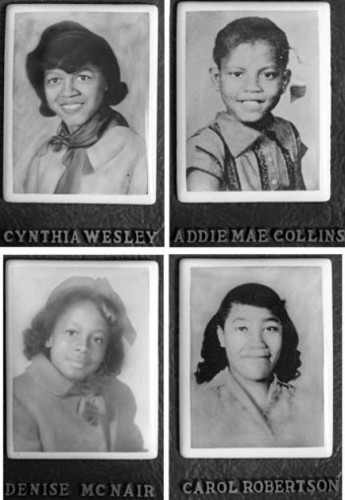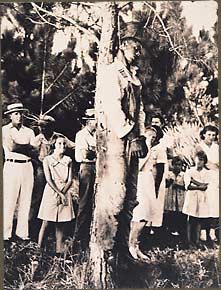Most of you have no idea what Martin Luther King actually did
Share
Explore Our Galleries
Breaking News!
Today's news and culture by Black and other reporters in the Black and mainstream media.
Ways to Support ABHM?
By Hamden Rice, the Daily Kos
What most people who reference Dr. King seem not to know is how Dr. King actually changed the subjective experience of life in the United States for African Americans. And yeah, I said for African Americans, not for Americans, because his main impact was his effect on the lives of African Americans, not on Americans in general. His main impact was not to make white people nicer or fairer. That’s why some of us who are African Americans get a bit possessive about his legacy. Dr. Martin Luther King’s legacy, despite what our civil religion tells us, is not color blind.
[…]

I was having this argument with my father about Martin Luther King and how his message was too conservative compared to Malcolm X’s message. My father got really angry at me. It wasn’t that he disliked Malcolm X, but his point was that Malcolm X hadn’t accomplished anything as Dr. King had.
I was kind of sarcastic and asked something like, so what did Martin Luther King accomplish other than giving his “I have a dream speech.”
Before I tell you what my father told me, I want to digress. Because at this point in our amnesiac national existence, my question pretty much reflects the national civic religion view of what Dr. King accomplished. He gave this great speech. Or some people say, “he marched.” I was so angry at Mrs. Clinton during the primaries when she said that Dr. King marched, but it was LBJ who delivered the Civil Rights Act.
At this point, I would like to remind everyone exactly what Martin Luther King did, and it wasn’t that he “marched” or gave a great speech.

My father told me with a sort of cold fury, “Dr. King ended the terror of living in the south.”
Please let this sink in and and take my word and the word of my late father on this. If you are a white person who has always lived in the U.S. and never under a brutal dictatorship, you probably don’t know what my father was talking about.
[…]
I’m guessing that most of you, especially those having come fresh from seeing The Help, may not understand what this was all about. But living in the south (and in parts of the midwest and in many ghettos of the north) was living under terrorism.
It wasn’t that black people had to use a separate drinking fountain or couldn’t sit at lunch counters, or had to sit in the back of the bus.

You really must disabuse yourself of this idea. Lunch counters and buses were crucial symbolic planes of struggle that the civil rights movement used to dramatize the issue, but the main suffering in the south did not come from our inability to drink from the same fountain, ride in the front of the bus or eat lunch at Woolworth’s.
It was that white people, mostly white men, occasionally went berserk, and grabbed random black people, usually men, and lynched them. You all know about lynching. But you may forget or not know that white people also randomly beat black people, and the black people could not fight back, for fear of even worse punishment.
This constant low level dread of atavistic violence is what kept the system running. It made life miserable, stressful and terrifying for black people.(…)
Read the full article here.
Learn more about the Civil Rights Movement.
Read more Breaking News here.
Comments Are Welcome
Note: We moderate submissions in order to create a space for meaningful dialogue, a space where museum visitors – adults and youth –– can exchange informed, thoughtful, and relevant comments that add value to our exhibits.
Racial slurs, personal attacks, obscenity, profanity, and SHOUTING do not meet the above standard. Such comments are posted in the exhibit Hateful Speech. Commercial promotions, impersonations, and incoherent comments likewise fail to meet our goals, so will not be posted. Submissions longer than 120 words will be shortened.
See our full Comments Policy here.









nice